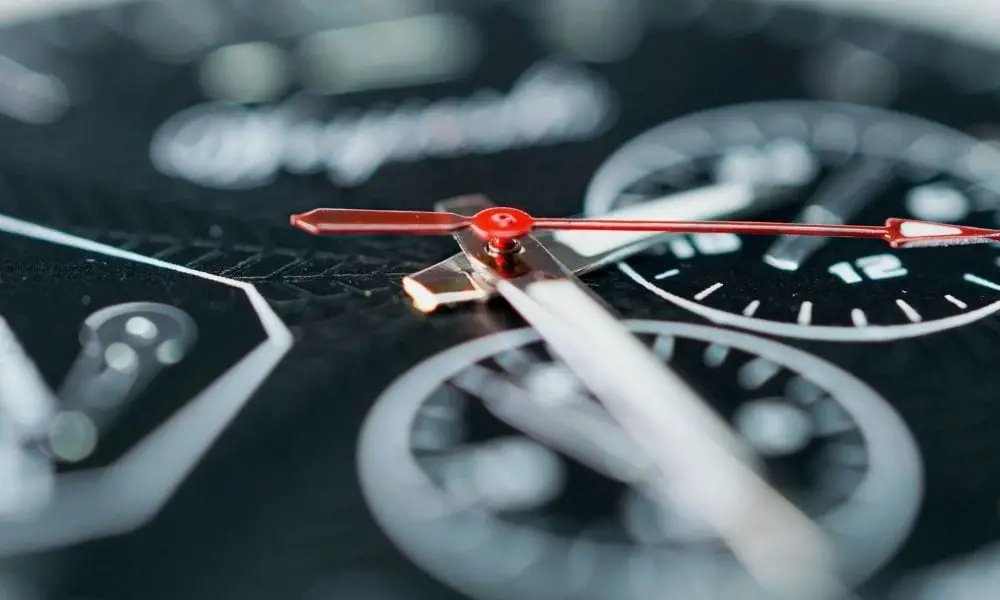

Have you ever traveled to another country and experienced the joys of jet lag on your first few days there? This happens when you quickly transition from one time zone to another—your internal clock is still set to your home time zone, but you’re now living in another. Traveling between time zones may bring to mind the question, “Why do we have different time zones, anyway?” Read on to learn the answer to this question.
To understand why we have time zones, you must first understand the scientific concepts behind them. As you likely already know, our earth is a sphere that revolves around the sun while rotating on its axis. Each full rotation of the earth is a 24-hour day. Because of the earth’s shape, different locations in the world will experience day or night simultaneously; while it is daytime for you, it could be night at the exact same moment for someone on the other side of the globe. Thus, it’s necessary to use different time zones to standardize time between different locations in the world.
Throughout history, different cultures and locations have always had their own ways of telling time. Sundials and water clocks were two early methods, and later on, chronometers became popular. Until the creation of time zones, towns and cities would regularly set their own time zones based on when the sun was highest in the sky. This worked when the world was largely unconnected, but when the train became a common method of travel in the 19th century, the system began to break down. Train stations and anyone traveling by train would have to keep up with hundreds of different time zones, which became very confusing for everyone. In response to this problem, a group of scientists created time zones, which standardized time across locations and made the whole system far less confusing.
Time zones weren’t created arbitrarily—rather, they were determined based on the rotation of the earth. As the earth rotates on its axis, it moves about 15 degrees every hour and completes a full 360-degree rotation in 24 hours. Therefore, scientists divided the earth into 24 time zone sections, each with a 15-degree longitudinal length. The starting point, or Prime Meridian, for these time zones lies in Greenwich, England. The time zone here is known as Greenwich Mean Time (GMT), otherwise known as Coordinated Universal Time (UTC) or Zulu Time (Z). The time in all other time zones is calculated from this base by adding an hour for every time zone moved west of Greenwich and subtracting an hour for every time zone moved east.
Now that you understand the reason why we have different time zones, you see why different time zones are necessary in our world. You may think them inconvenient when you travel or call a friend on the other side of the globe, but in truth, standardized time makes life far less confusing for everyone.
FAQ
Until the creation of time zones, towns and cities would regularly set their own time zones based on when the sun was highest in the sky. This worked when the world was largely unconnected, but when the train became a common method of travel in the 19th century, the system began to break down. Train stations and anyone traveling by train would have to keep up with hundreds of different time zones, which became very confusing for everyone. In response to this problem, a group of scientists created time zones, which standardized time across locations and made the whole system far less confusing.
Additional Resources:
Galaxy
Black Hole
Jupiter
Saturn
Mars
Craft a nurturing nursery with DIY projects and clever storage tips while preparing your heart…
Discover how paid surveys work, if they're legitimate, tips for success, and realistic earnings expectations.…
Making your business ADA-compliant is much simpler than you realize and it’s also nonnegotiable, including…
Maintain your diesel turbocharger with our expert tips to ensure durability, efficiency, and peak performance…
If you’re a dedicated foodie, these fun facts you never knew about onions will definitely…
Are you tired of letting your receipts pile up without any benefit? What if those…